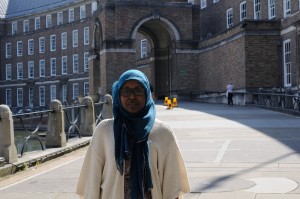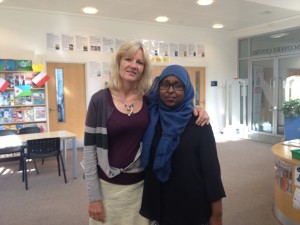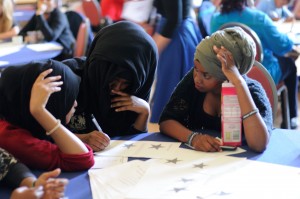Somali activist campaigns against female genital mutilation
The UN has called it a human rights violation; but the practice of cutting the sex organs of young girls and women, also known as female genital mutilation – or FGM – is still practiced on girls around the world. Until recently, governments have been unwilling to engage with the issue because it is deeply rooted in the culture that practice it. However, more and more women are speaking out about the practice in a bid to stop it for good.
One of them is Muna Hassan, a young Somali woman born in Sweden and raised in Britain. Despite extreme opposition to her cause, she is campaigning against the practice of FGM.
Listen to the report by Lyndsey Melling in Bristol:

Muna’s family is Somali but she was born in Sweden and moved to the UK when she was 9 years old, where she grew up in a diverse community in Bristol (Photo: Lyndsey Melling).






